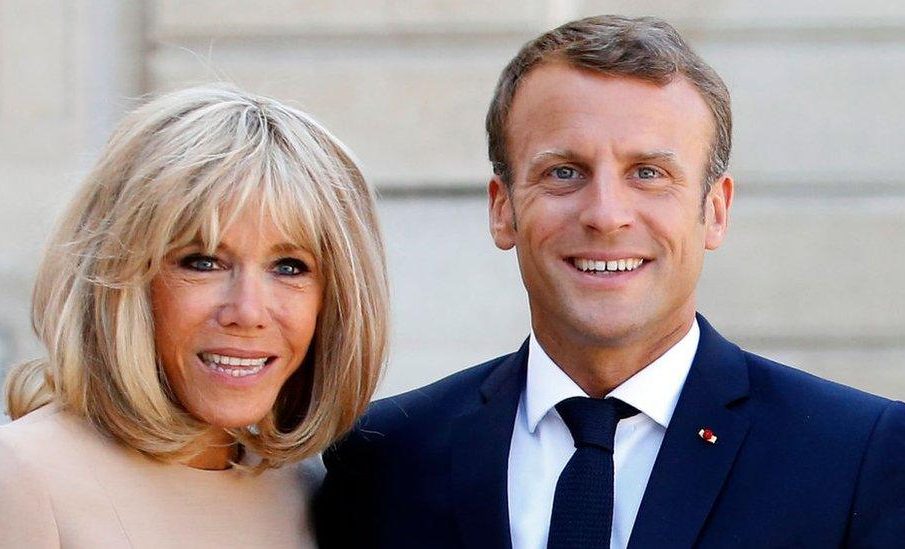Brigitte Macron: The Role and Influence of Macron’s Wife

Introduction
Brigitte Macron, the wife of French President Emmanuel Macron, has emerged as a significant figure not just in the French political landscape but in global discussions about the roles and responsibilities of first ladies. Since her husband took office in 2017, Brigitte has been a constant presence, supporting various social initiatives and engaging with the public in unique ways. Her influence and activism shine a light on the evolving role of women in positions traditionally held by their husbands.
Background and Early Life
Born on April 13, 1953, Brigitte Trogneux grew up in Amiens, France. Her career started in education, and it was during her time as a teacher that she met Emmanuel Macron, then a student, leading to a controversial but widely discussed relationship given the couple’s 24-year age difference. They married in 2007, and since then, Brigitte has been a steadfast partner, often described as Macron’s confidante and advisor.
Public Engagement and Initiatives
As France’s First Lady, Brigitte Macron has taken an active role in various philanthropic activities. She has championed initiatives related to education, children’s welfare, and women’s rights. Notably, she has been involved in campaigns to promote literacy and comfort for children in hospitals, highlighting her commitment to social issues. Her advocacy has drawn both praise and criticism but has undoubtedly positioned her as a formidable figure in French politics.
Fashion and Public Persona
Brigitte’s style and fashion choices have also attracted considerable media attention. Known for her sophisticated wardrobe, she has been lauded by fashion critics and has even partnered with brands for exclusive collaborations. Her appearance represents a blend of contemporary fashion and politics, often reflecting the modern identity of a first lady in a digital age, where appearance and social media resonance can define public perception.
Conclusion
Brigitte Macron continues to redefine the role of the First Lady in France and beyond. Her active involvement in social issues, coupled with her distinctive public persona, presents a new archetype of a female leader supporting her partner while making an independent impact. As global perspectives on gender and leadership shift, Brigitte’s influence will likely continue to grow, offering insights into the future of first ladies and their roles in political frameworks worldwide. The increasing public interest in her activities underscores the significance of her position, suggesting a broader acceptance and recognition of women’s influence in political life.









